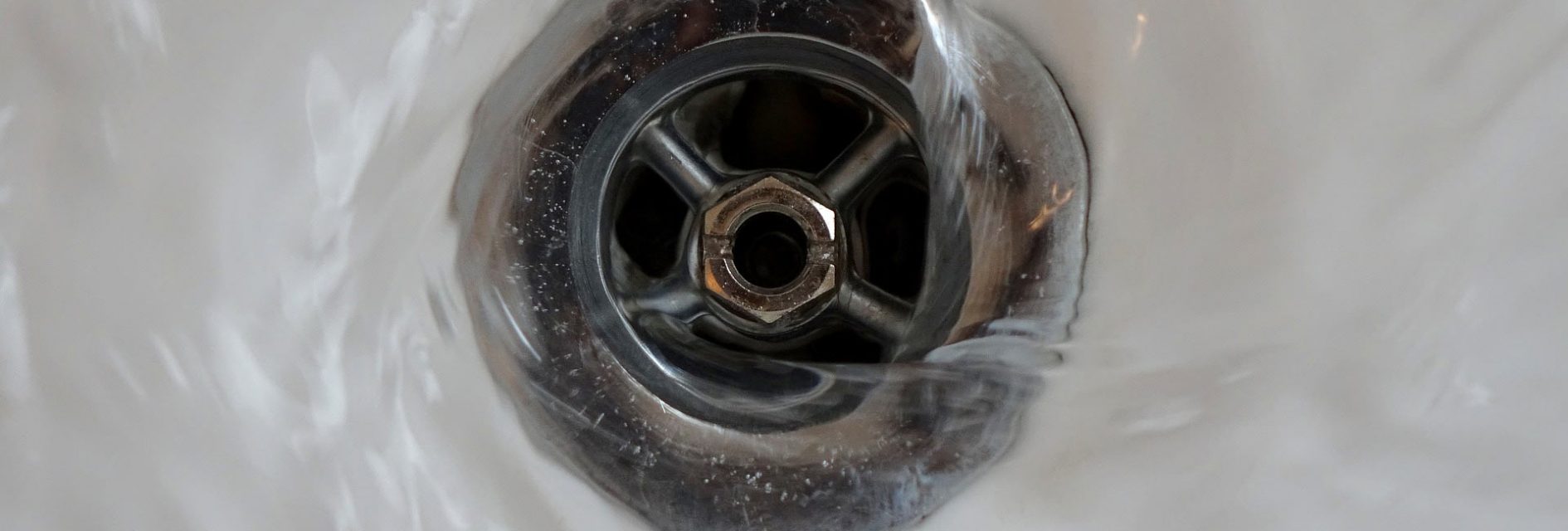Dealing with a clogged drain is never fun. It can be quite a hassle because of the mess it leaves behind and the disruption it causes to your day. In some cases, you can fix the problem on your own. For this reason, it’s good for homeowners to know the basics of unclogging a drain. In other cases, however, the problem might be too challenging for you to deal with on your own. And this is when you need to enlist the services of a professional plumber.
What Causes a Clogged Drain?
There are several potential culprits when it comes to a clogged shower drain or a clogged bathroom sink. While hair and dirt are two common causes of clogged drains, anything large enough can clog a drain. Soap doesn’t usually create a drainage problem; however, it can mix with hair and form a mass that blocks the drain.
Keep in mind that clogged drains are bound to happen from time to time, so don’t be alarmed when this occurs. Over time, pieces of hair and debris build-up and can become large enough to obstruct the flow of water down the drain.
Clogged toilets, on the other hand, are often the immediate result of the toilet paper, cat litter or wrong items being flushed down. Most commonly, your drains will get clogged if you dispose any of the following things into your drain:
Toxic Chemicals
Toxic chemicals can not only be harmful to the environment but have the ability to eat away at your pipes. Paint, nail polish, nail polish remover and cleaning products are all items that have the ability to be harmful to your pipes. Do your research and find specialized recycling facilities that can dispose of these items for you.
Oils and Grease
Disposing of oil and grease down kitchen sinks is a common way for drains to get clogged. Over time, oil and grease will build up and eventually lead to a plumbing catastrophe. Fats from cooking food should never be disposed of in your kitchen sink. Instead, you should wait for the fats and oils to harden before you wash your dirty pots, pans, and dishes. Then you can easily scrape them off with a paper towel and put them in your green bin. You can also discard cooking oils at your local drop-off location.
Food
It’s easy to be lazy and rinse your dinner plates allowing excess food to make its way down your drain, but this could just be the start of many problems down the road. It’s important to make sure any excess food is going in your green bin and not into your pipes. Doing so will prevent your drain line from clogging in the future.
Hair & Fur
It’s easy to allow hair and fur to slip down the shower drain, but there are things you can do to prevent this from happening. Getting a drain stopper to collect the hair can help prevent your drains from clogging. Moreover, during the warm months, you can bathe your furry friends outside.
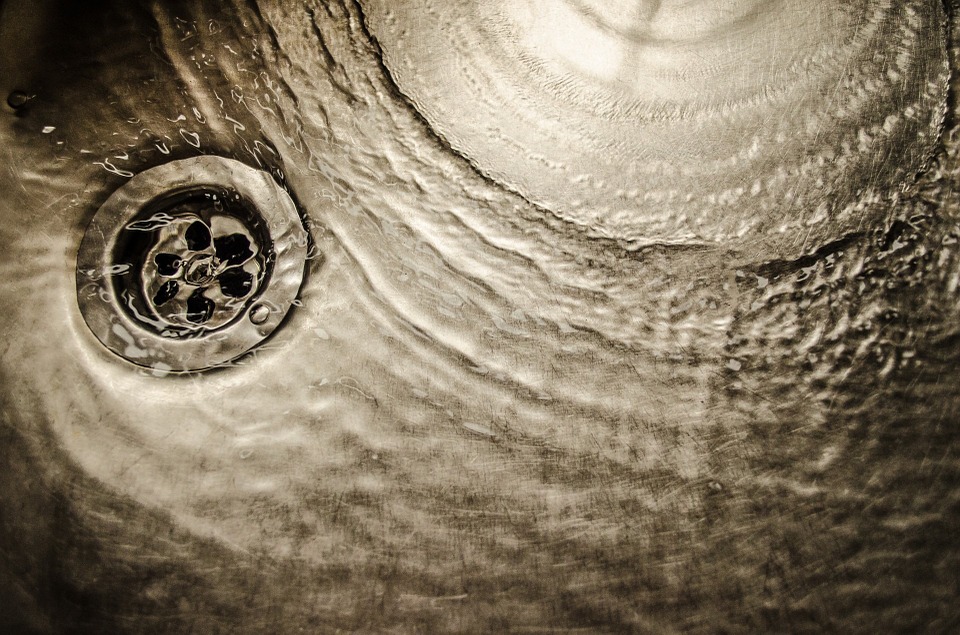
A clogged drain could be a symptom of a larger problem with your water line. This is when you need an experienced team who knows just what to look for. As a result, you will be able to get to the root of the problem effectively.
Symptoms of a Clogged Drain
Sometimes signs of a clogged drain are fairly easy to detect. Other times, they aren’t as obvious. Look for the following symptoms:
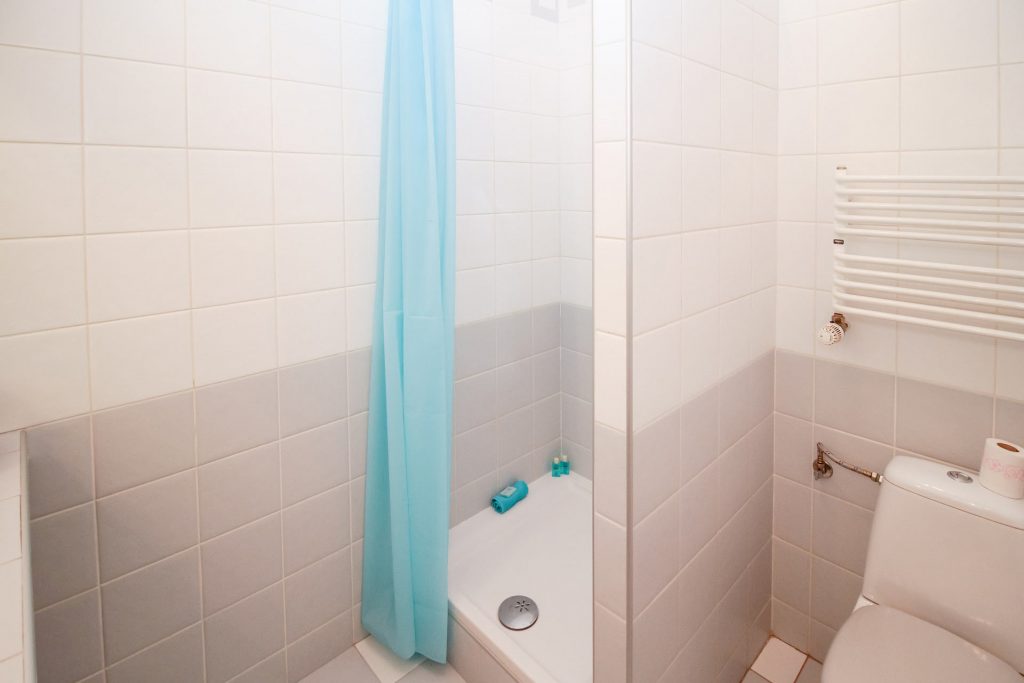
- Pooling or slow-moving water down the sink or bathtub drain
- Water backing up out of a drain
- A foul smell coming from the drain
- Water pooling on the bathroom floor or under the kitchen sink
- Gurgling or sucking sounds coming from your pipes and drains
- A backed-up toilet that will not flush
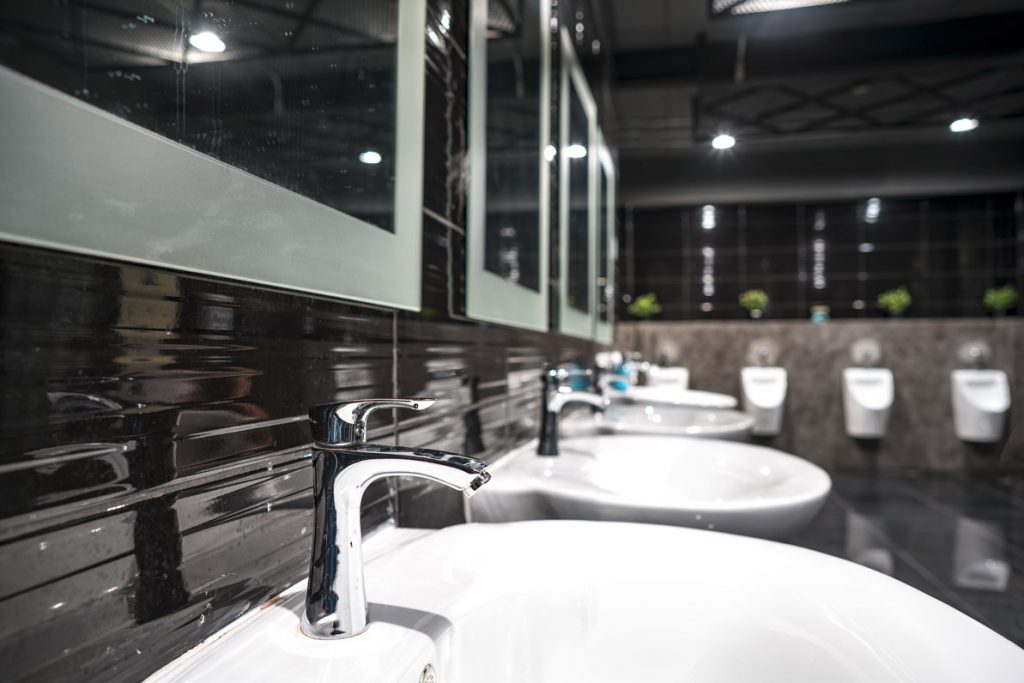
Although these signs are mostly superficial and easy to manage, they could be symptomatic of bigger issues. The only way to trace the cause of the issue is to have a professional residential and commercial plumber inspect your property. Often, there might actually be a need to repair a drain line, clean it, or even replace it altogether.
How to Fix a Clogged Drain
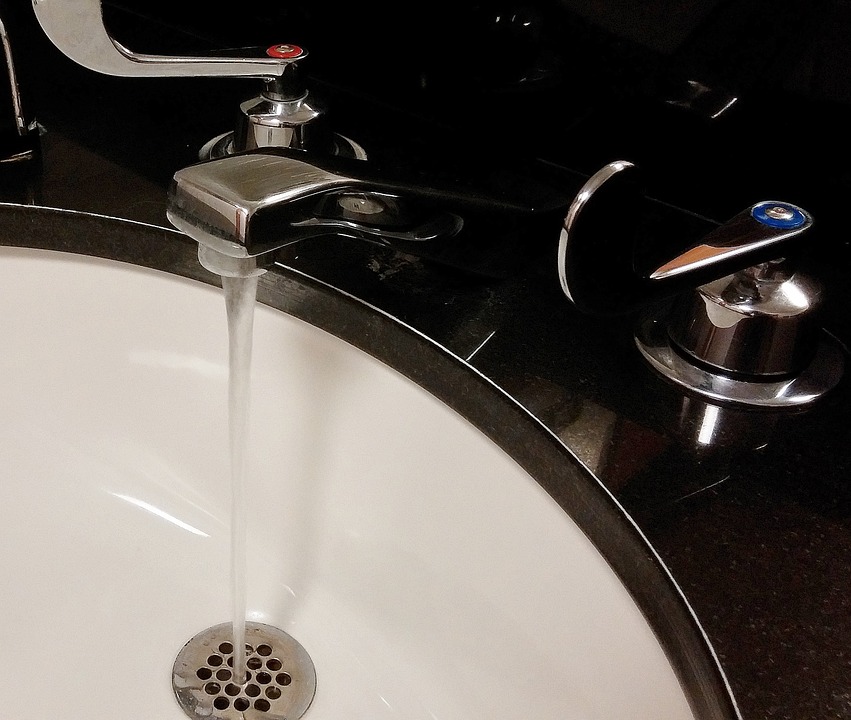
There are some preventative measures you can take to stay ahead of drainage problems, like using a screen over your drain. This will often catch hair and other items and stop them from going down the drain and causing a problem.
Depending on the cause of your drainage problem, you may be able to unclog the drain on your own without needing professional plumbing services.
The first step you should take is to clear the drain by using a bent wire or something that can hook the hair and pull it out. If this is not effective, try using a plunger.
How to Unclog Your Drain
- Use bent wire
The first step you should take is to clear the drain by using a bent wire or something that can hook the hair and pull it out.
- Use hot water
Pouring boiling water down the drain has been proven effective in dissolving whatever is blocking it. Be careful with using this method on ceramic sinks or toilets as the temperature difference may cause a crack in ceramics.
- Add soda and vinegar
For a more stubborn clog, try pouring a cup of baking soda followed by a cup of vinegar. Leave the mixture for a few hours, then use boiling water to rinse out the drain. Be careful with using strong acid based drain cleaners as they may damage your pipes and lead to costly repairs.
- Use a plunger
If previous steps are not effective, try using a plunger. Plunging a drain or your toilet creates enough pressure to help clear the clogging.
Here is how to plunge your drain:
- Allow the water to fill the sink, toilet or bathtub partially
- If the blockage is in the double sink, use a rag to stop the train.
- If you are dealing with a sink in a bathroom, a towel should be used to cover/stop the overflow hole.
- If the blocked drain is in the shower, duct tape or a rag should be used to stop the overflow plate.
- Next, use a plunger to try to unclog the drain. You will need to make quick, rapid movements several times.
- You will need to use a cup plunger specifically for sinks, and flange plunger if you are dealing with a blocked toilet.
- Remove the plunger quickly to see if the water goes down the drain quickly.
- Repeat as necessary.
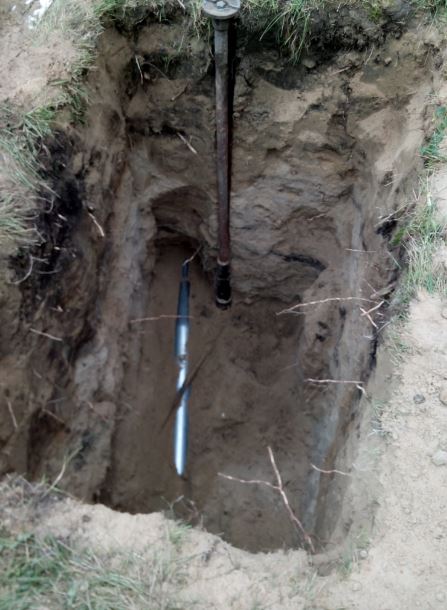
Keep in mind that using chemical drain cleaners is not advised because they contain harsh ingredients that are corrosive. Over time, the damage may call for drain line repair or drain line replacement sooner than necessary.
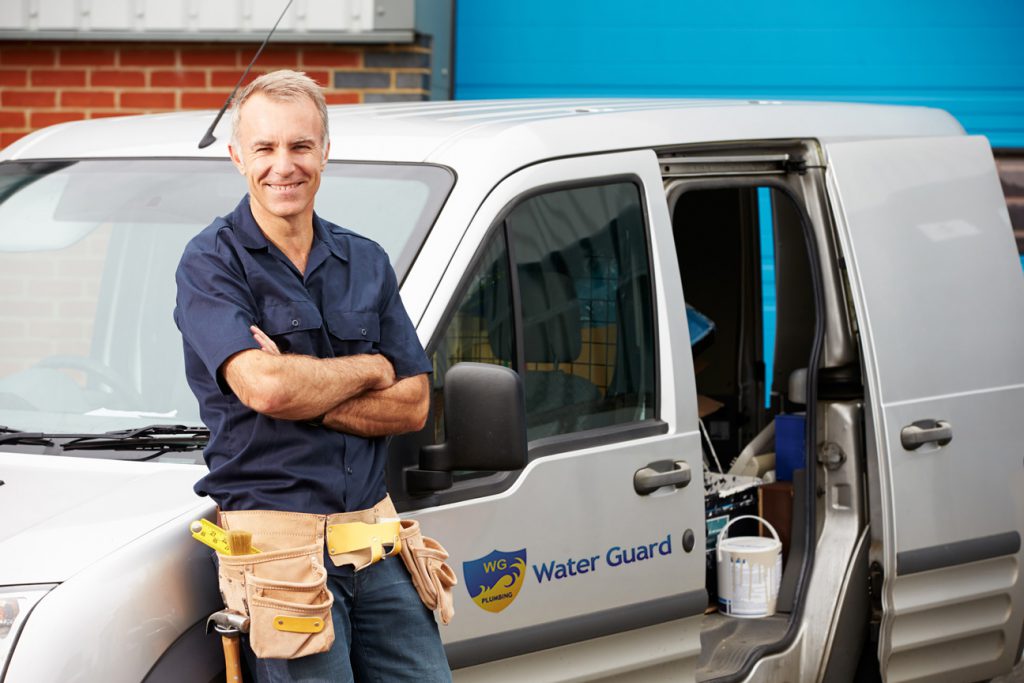
Drain Still Clogged? Consult an Expert
A clogged drain may seem like a small problem but if you don’t immediately take care of it, it can lead to even bigger drain damage. Treat clogged drains quickly by calling a drain line repair provider. Contacting a licensed plumber will help you stay one step ahead of drainage problems in the future.

